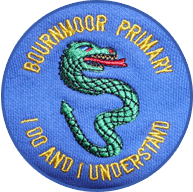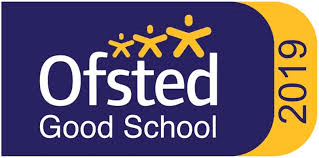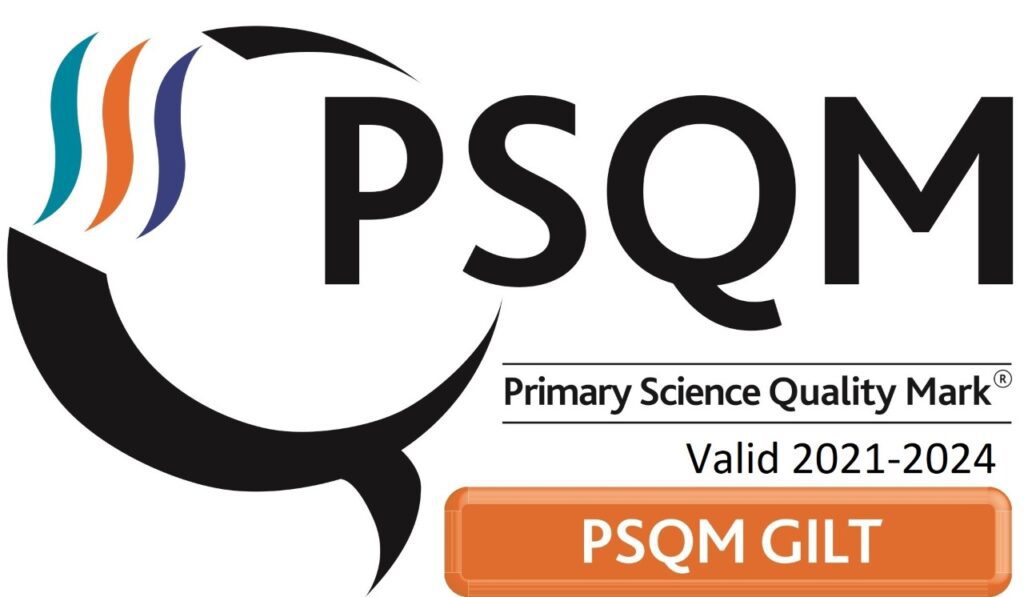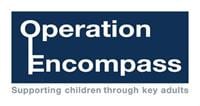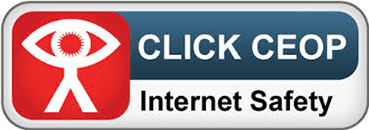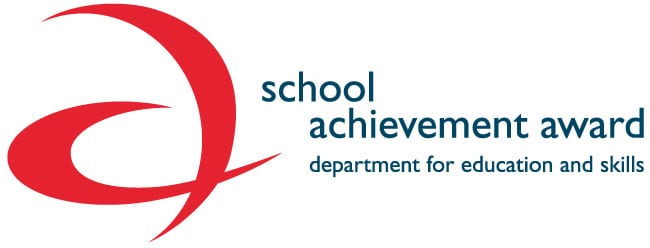Design Technology at Bournmoor Primary School
The national curriculum for design and technology aims to ensure that all pupils:
- develop the creative, technical and practical expertise needed to perform everyday tasks confidently and to participate successfully in an ever increasingly technological world
- build and apply a repertoire of knowledge, understanding and skills in order to design and make high-quality prototypes and products for a wide range of users
- critique, evaluate and test their ideas and products and the work of others
- understand and apply the principles of nutrition and learn how to cook

Planning and organisation of the subject
We have a flexible approach to DT lessons. The topics can be taught in a weekly lesson over half a term, a block week of lessons in a half term or a full DT day. In whichever format the DT topic is approached, there is a focus on instructional teaching, learning time and interactive oral work with both the whole class and smaller ability groups. We use the long-term DT overview which ensures coverage of the key elements of DT (structures, mechanisms, control, textiles and food) across our school. Using the DT Overview and support from the DT subject lead the class teacher plans, delivers and organises the lessons and differentiates according to ability. Lessons are planned using the National Curriculum in Key Stages One and Two and teachers in EYFS base their teaching on objectives in the EYFS Framework, ensuring that they are working towards the ‘Early Learning Goals’ for ‘Expressive Arts and Design’.

Teaching styles and strategies
Children are encouraged to investigate, use and apply their DT skills and develop their thinking skills, problem solve, relating DT to real life situations, and make connections between concrete materials, models and images, technological language, creative design representations and prior learning. Children have opportunities to practise the key skills whilst building the understanding and knowledge to apply these skills into more complex activities and problems based around ‘Projects on a Page’. Children develop a range of skills including carrying out trial and improvement, making and testing products, making decisions, creating explanations and making connections. Children record their work in a way that clarifies their thinking.


How the subject is assessed
Foundation Stage
Teachers use observations of child-initiated activities and adult led tasks to collect evidence of the level the child is currently working at. Observations of child-initiated learning and adult-led activities are used to provide a full picture of the child’s achievement and working level. The children’s attainment in DT is assessed and reported on in relation to the Early Learning Goals at the end of Reception.
Key Stage One and Two
Assessment of pupils is an ongoing activity. Children’s knowledge and understanding is informally assessed in class and group Q & A sessions and through observation during lessons as well as in marking written work. There is no formal assessment of Design and Technology at the end of each key stage.
Impact
- DT is covered across the year in all year groups from EYFS to Year 6 with a clear topic structure on the curriculum grids.
- Teachers provide opportunities for children to develop their DT skills at home by providing home DT projects that they can complete across the half term/term linked to their topic. This is not prescriptive so all children are able to access it using resources they can obtain easily at home.
- Although it is a specific subject, DT is linked with current topics and interests of the children and provides many opportunities for cross-curricular links such as History, Geography and Science.
- Homework projects have produced some outstanding and imaginative DT work from children.
- The ability of teachers to plan learning activities that meet the needs of pupils for their different starting points has been a focus with positive outcomes.
- An audit of resources to see what we need to replace and restock occurs to ensure that we can offer effective resources to pupils.
- The role of subject leaders has been developed to heighten leadership capacity and to enable them to measure the effectiveness of improvement strategies.
